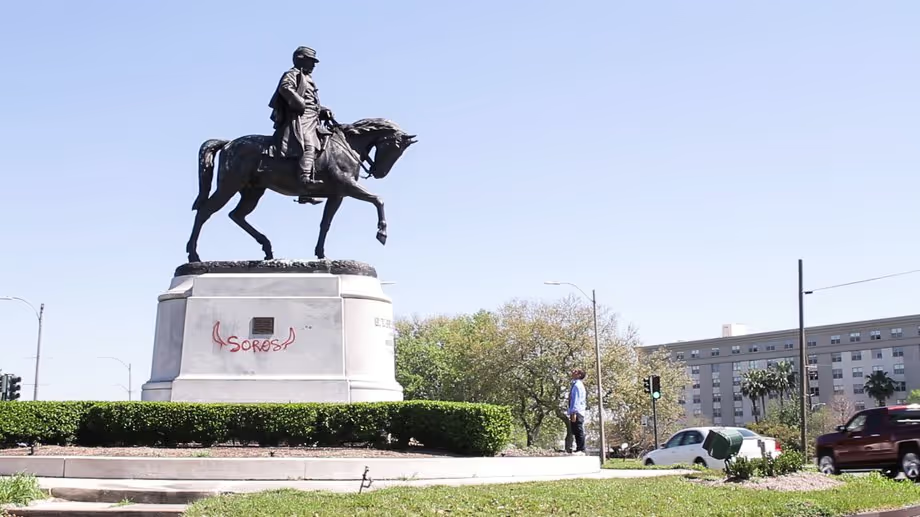The Neutral Ground Discussion Guide Using This Guide
Using This Guide

This guide is an invitation to dialogue and requires preparation before you and your community dive in. This guide is designed for people who want to use The Neutral Ground to engage family friends, classmates, colleagues, and communities in honest, though challenging, conversations that will require all participants remain committed to being fully present. Conversations that center race within histories of violence and exclusion; feelings of belonging; safety and identity can be difficult to begin and facilitate, but this guide is meant to support you in sustaining conversations around identity, history, colonialism, white supremacy, racism and community. In contrast to initiatives that foster debates in which participants try to convince others that they are right, this document envisions conversations undertaken in a spirit of openness in which people listen actively and share divergent viewpoints with care and respect.
This discussion guide is meant to inspire people with varying degrees of knowledge, as well as dynamic and different experiences, in relation to these topics to enter the conversation, and stay present in the conversation, in order to impact change and awareness.
The discussion prompts are intentionally crafted to help a wide range of audiences think more deeply about the topics in the film. Rather than attempting to address them all, choose the questions that best meet your needs and interests.And be sure to leave time to consider taking action. Planning next steps can help people leave the room feeling energized and optimistic, even in instances when conversations have been difficult and/or uncomfortable, so please also consider a closing activity that gives participants an opportunity to offer gratitude to one another before closing.
For more detailed event planning and facilitation tips, visit https://communitynetwork.amdoc.org/.
A NOTE TO FACILITATORS:
Dear POV Community,
We are so glad you have chosen to facilitate a discussion inspired by the film The Neutral Ground. The Neutral Ground invites us to reckon with long histories of racist violence and ongoing struggles for racial justice in our society. We are really glad you’ve accepted this urgent invitation. Before you facilitate, please prepare yourself for the conversation as this film invites you and your community to discuss experiences of Black and Indigenous people of color (BIPOC) and these conversations require both learning and unlearning about the truths of our history that have not typically been taught in schools and universities. If they have, they are commonly taught in a way that marginalizes or completely ignores BIPOC perspectives and first-hand experiences. Knowing this, it is common for some who engage in this work of un/learning for the first time to feel unsure about how to approach and discuss the violence committed against BIPOC people and communities, or about how these violences endure in systems and structures that continue to cause harm to these people and communities today. It is our intention that this guide will support you in facilitating dialogue that generates new awareness, generative questions about how to form coalitions in the ongoing and intersectional struggles for racial justice.
This guide, and our additional resources, offer educational materials that will support you in your process of challenging assumptions by presenting historical facts and contemporary realities. However, we invite you to prepare yourself ahead of the discussion so you can support this process and minimize harm and support your community in recognizing the need for more critical and intentional learning. We encourage you to educate yourself as much as possible. Racial Equity Tools glossary offers common language and understanding and POV’s Delve Deeper Reading List is also a great resource for learning more.
As a facilitator we urge you to take the necessary steps to ensure that you are prepared to guide a conversation that prioritizes the safety of BIPOC while maximizing care and critical curiosity, transformation, and connection. We invite you to share with us about how your conversations fostered engagement and transformation in your own community!


